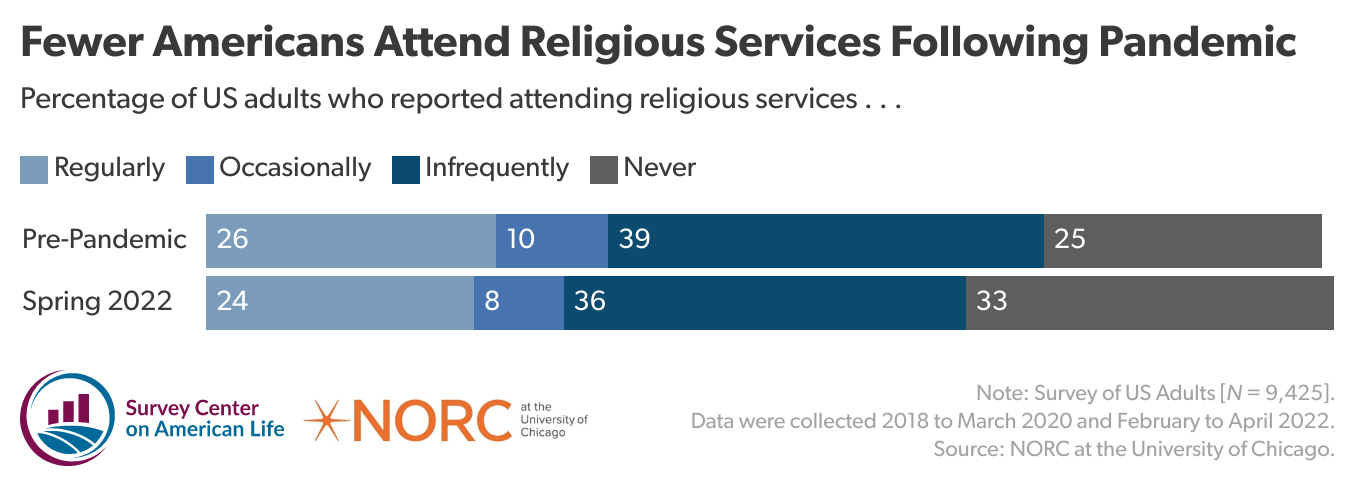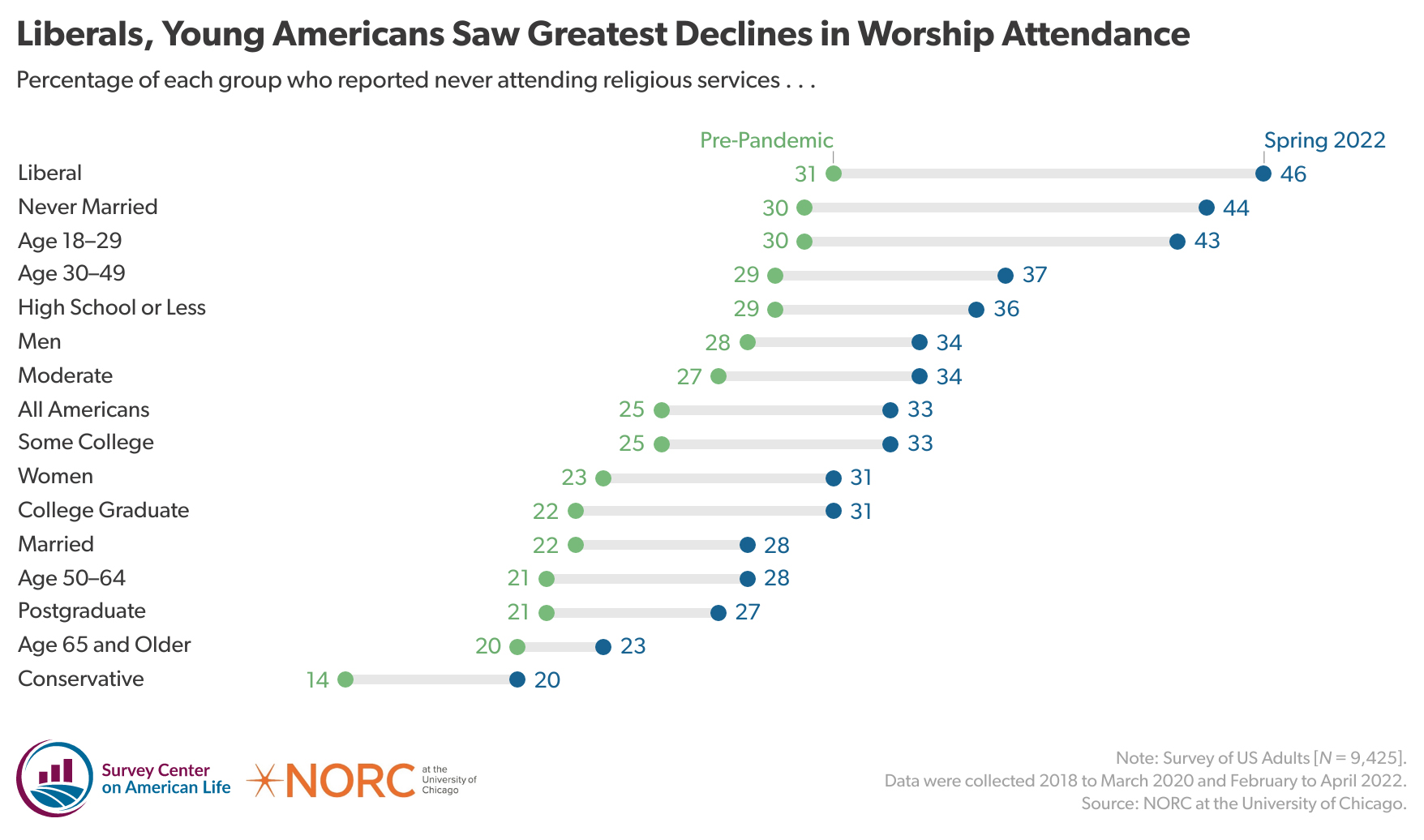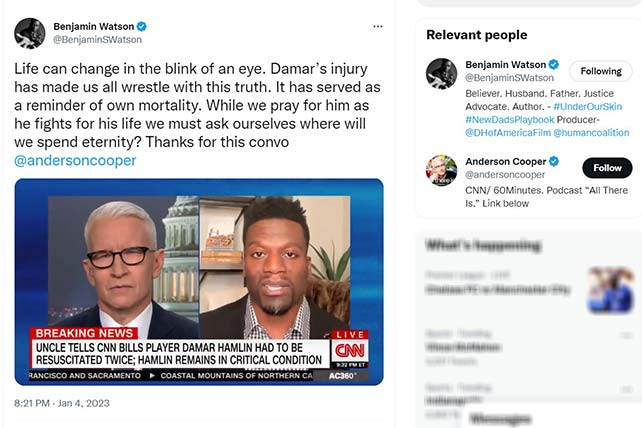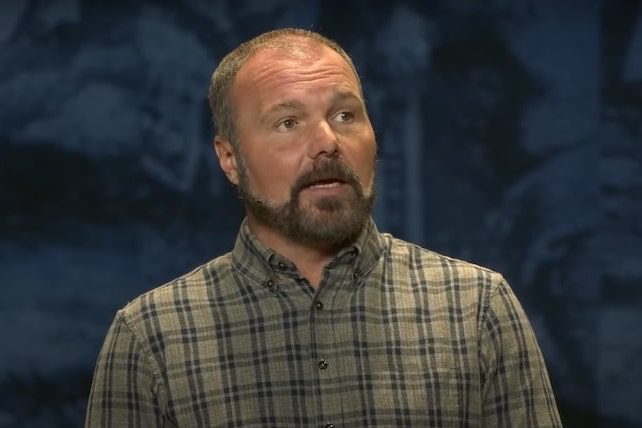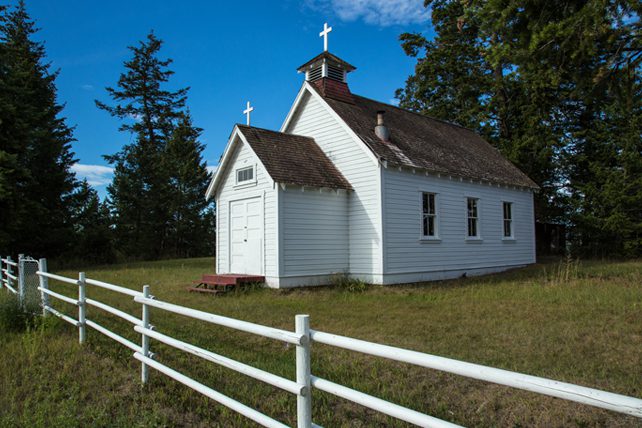Former New Jersey youth pastor Sean Higgins has pleaded guilty to four counts of endangering the welfare of children. Higgins was charged after it was alleged that he blackmailed underaged boys to send him sexually explicit images of themselves after posing as a teenage girl online.
Higgins’ guilty plea came as part of a deal with prosecutors, wherein Higgins has agreed to a 27-year prison term, according to Courier Post.
Prior to being arrested and charged in 2020, Higgins, who is currently 32 years old, was the youth pastor and music leader at Harbor Baptist Church in Hainesport, New Jersey. He was also an instructor at Harbor Baptist Academy, the church’s private school with children ranging from kindergarten to 12th grade.
The four counts levied against Higgins represent four different victims. At the time of his arrest, Higgins was charged with 28 offenses, and police believed he had as many as six victims ranging from ages 12 to 15 in New Jersey, Pennsylvania, South Dakota and Alabama.
RELATED: New Episode of Docuseries Describes Hillsong’s ‘Spectacular Implosion’
In the online scheme, Higgins posed as a teenage girl, going by the persona “Julie Miller,” to gain the trust of teenage boys on Snapchat and Instagram. As part of the ruse, Higgins apparently sent the boys an image of an unidentified teenage girl and elicited nude photos of them.
Once the victims sent Higgins a nude image, he would go to their profile and take a screenshot of their publicly viewable friends lists. Sending the screenshot back to the victim, he would threaten to forward the nude image of the victim to their friends unless the victim did exactly what he said.
Higgins would then instruct the boys to perform sexual acts on themselves for his enjoyment. According to prosecutors, Higgins forced the victims to continue even after they begged to stop.
“Higgins would demand that they complete his instructions, or face the consequences of having the recordings he was making of the incident be sent to their list of friends,” said Burlington County Prosecutor LaChia L. Bradshaw.
Higgins never made physical contact with the victims, who were geographically scattered. The crimes to which Higgins has admitted do not involve anyone at his former church or its affiliated private school, prosecutors say.
The investigation into Higgins’ crimes began when a victim in Berks County, Pennsylvania, contacted Snapchat. Another victim in Alabama contacted law enforcement directly.
“Multiple state and local agencies assisted in confirming the identities of additional victims once investigators became aware of their existence,” prosecutors said.
Higgins’ sentencing hearing is scheduled for March 3.
RELATED: US Bankruptcy Court Approves $121M Clergy Abuse Settlement
ChurchLeaders has reached out to Harbor Baptist Church for comment and will update this article in the event of their reply.





